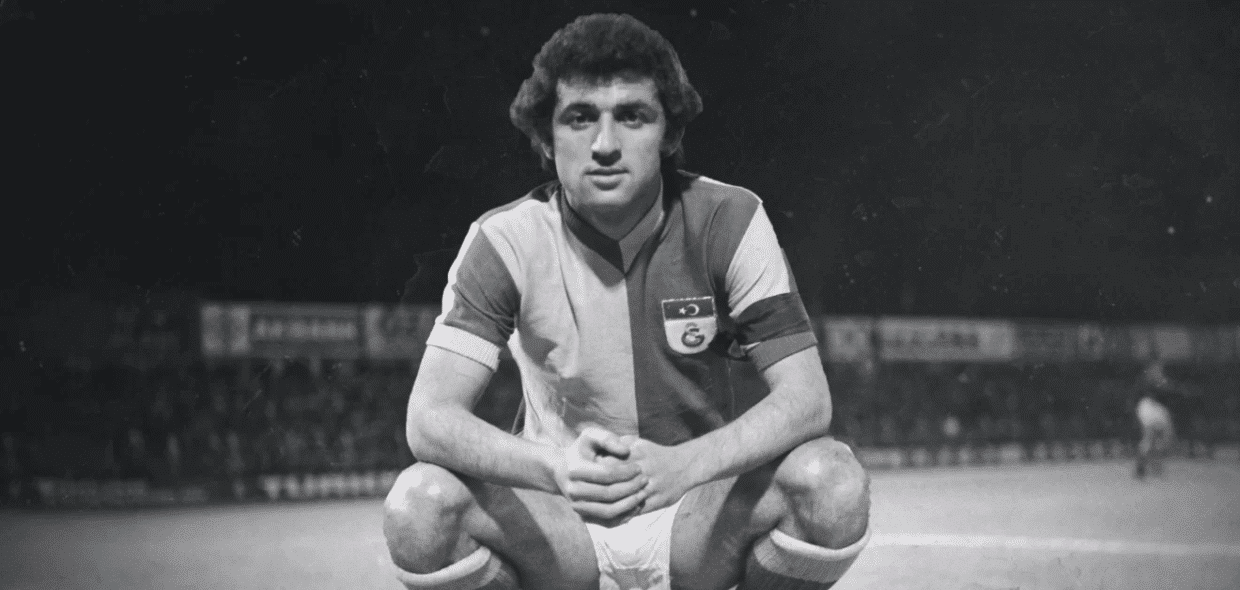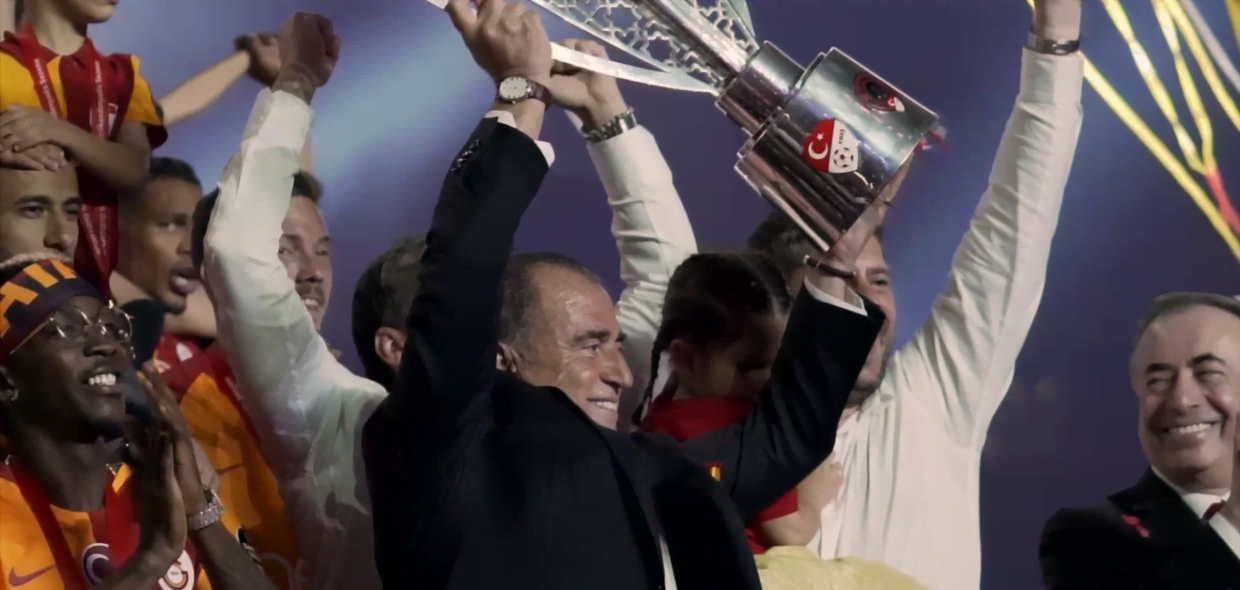
Fatih Terim, the iconic figure of Turkish football, is on the agenda with his documentary broadcast on Netflix these days and is the subject of discussions as usual…
Sports documentary is a field that has developed tremendously in recent years. Numerous digital platforms that surround our lives have a great share in this. “The Last Dance”, which was screened on Netflix while the world was struggling with the pandemic, was one of the most talked about works of the movement. Centering on Michael Jordan’s last season with the Chicago Bulls jersey, one of the greatest sports icons of all time, and touring its past with flashbacks, the production presented a radiant portrait as it described an incredible career. There’s nothing wrong with that, Jordan was one of the biggest winners the sport has ever seen, and he always found a way to come back and get back on top, even if he lost. But since the narrative is completely made through the eyes of the legendary basketball player; a course was chosen to not remind him of what he did not want to remember, or to reflect as he wanted to remember. Even some of his Bulls friends, especially his wingman Scottie Pippen, were not happy with what they saw. “The Last Dance” went down in history as an imperfect work trying to describe the perfect. Of course, while the tone of the narrative may have offended some close witnesses, the documentary had a huge impact, presenting Jordan’s basketball life spanning the eighties and nineties with high-quality archival footage. As well as being an inspiration for other productions…

For example, the four-part documentary “Terim”, which was broadcast on Netflix in the past weeks, reminded me of “The Last Dance” with its editing and time-jumping sequences. Moreover, the common points of the two documentaries were not only this. Because there is an iconic figure, Fatih Terim, who has made an impact on the Turkish sports scale at least as much as Jordan did in his field. His football career, which started in Adana Demirspor and progressed to the captaincy of Galatasaray, and his coaching life, where he met again with yellow and red from Ankaragücü, Göztepe, and the National Team route, made him a huge part of Turkish football history. Especially between 1996-2000, the period when he boosted Galatasaray as a young and ambitious technical man, both in the league and in the European arena, is unlike any other. Of course, the National Team’s first European Championship ticket in 1996 and the miraculous third place at Euro 2008 are among the unforgettable achievements in the “Emperor”s resume. During the documentary “Terim”, we reminisce about the days that many have already memorized. At these points, it would not be wrong to say that the archive has failed. The strongest aspect of “The Last Dance”, namely the clarity and consistency of retrospective visuals, is absent from “Term”. So much so that while the trainings of the team in 1996 are described, a training moment from the second Term period in 2003 can be reflected on the screen. Or, the clippings produced later instead of using the newspaper pages of the period can be a bit inconspicuous.

In addition, we see a production that describes its subject with its merits rather than its mistakes, where it is possible to establish a parallelism with “The Last Dance”. Even though Fatih Terim makes a sentence towards the end, “I made mistakes and I will continue to do so”, its reflections could not be a part of the main story. Moreover, the number of witnesses of the period and their perspectives are far from diversity. However, at this point, there is a job that makes you watch it, even if it is to refresh the moment. He remembers the impact of Terim’s Galatasaray in Europe and the fear factor it created, and how big of a job it was for a Turkish coach to head a world-class club like Milan; We witness how much motivation and belief is behind their miraculous comeback at Euro 2008. As a result, “Terim” is not a perfect job either. It is difficult to tell the stories of figures who have grown so much, perhaps because they quickly erased their mistakes from their own minds. Why should others remember what they forgot?